Rejoignez getAbstract pour lire le résumé !
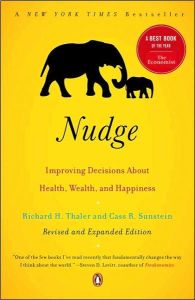
Rejoignez getAbstract pour lire le résumé !
Richard H. Thaler and Cass R. Sunstein
Nudge
Improving Decisions About Health, Wealth, and Happiness
Penguin, 2009
Aperçu
There are no entirely free choices: Someone or something is somehow nudging you into the decisions you make.
Recommendation
In this lovely, useful book, Richard Thaler and Cass Sunstein examine choices, biases and the limits of human reasoning from a variety of perspectives. They often amuse by disclosing how they have fallen victim to the limitations of thought that they are describing. The fact that these educated, articulate professionals can fool themselves so often demonstrates how tough it is to think clearly, a point the authors emphasize and even repeat. Humans fall prey to systematic errors of judgment, but you can harness this problematic tendency productively several ways, including helping others make better decisions. Some of the authors’ suggestions may not be practical, but many are – and all are interesting. getAbstract recommends this book to anyone who wants to know how to shape responsible decisions.
Summary
About the Authors
Richard H. Thaler teaches at the University of Chicago Graduate School of Business and is author of Quasi Rational Economics. Cass R. Sunstein teaches at the University of Chicago Law School and is the author of Infotopia.









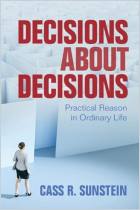
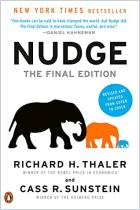


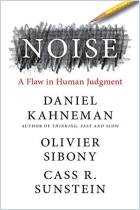






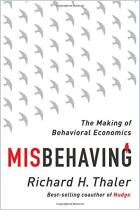
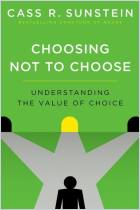












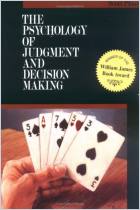


Comment on this summary